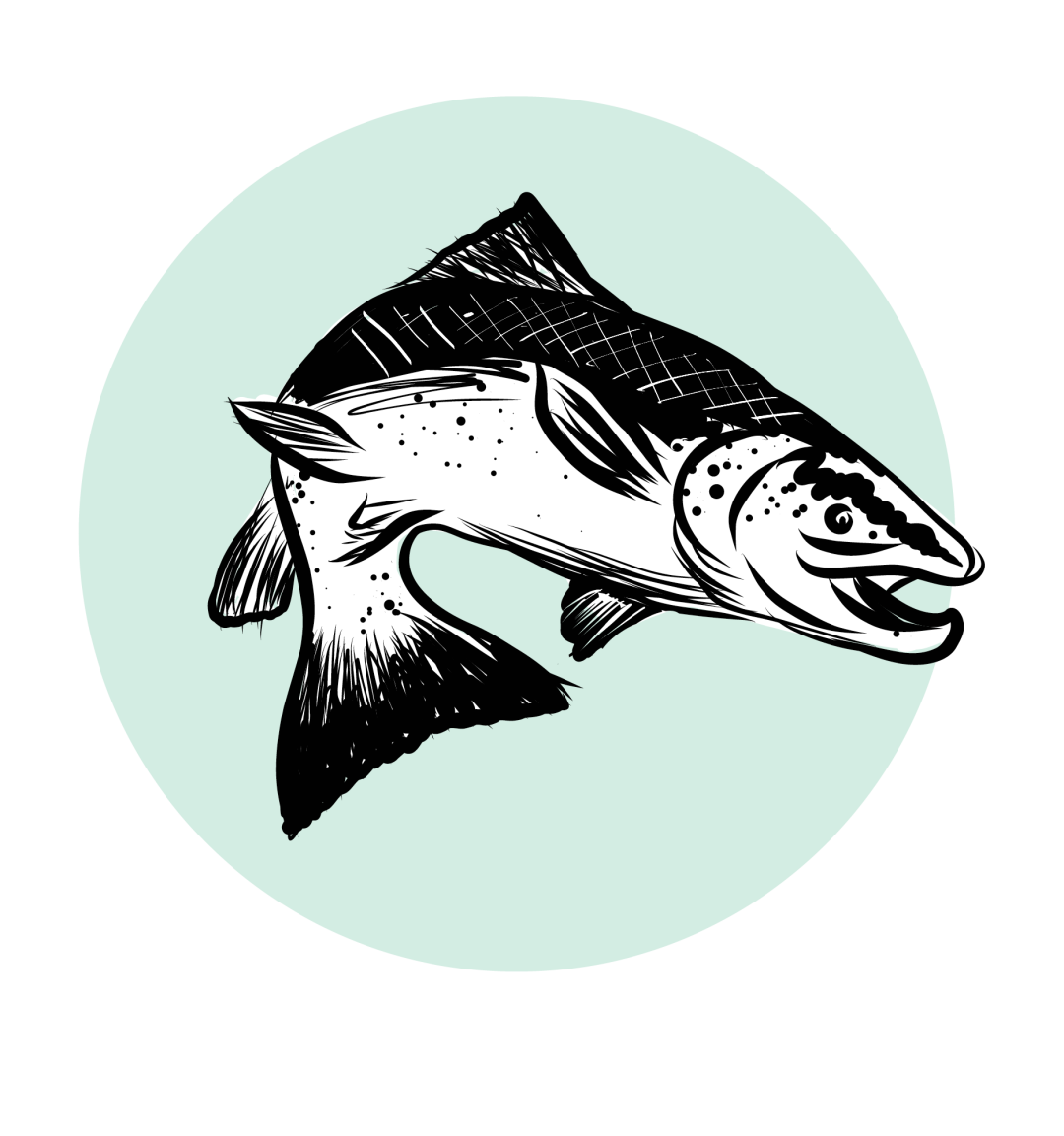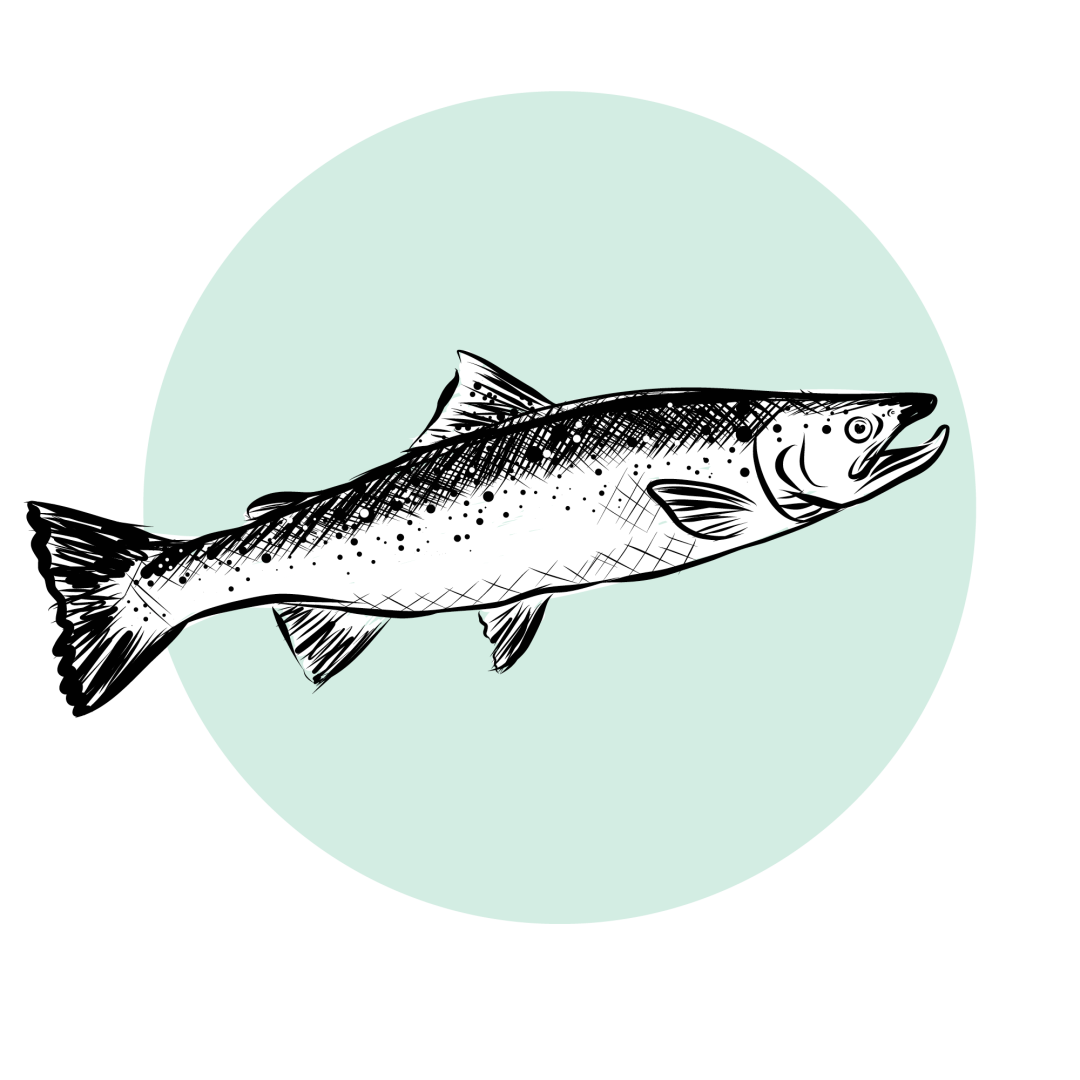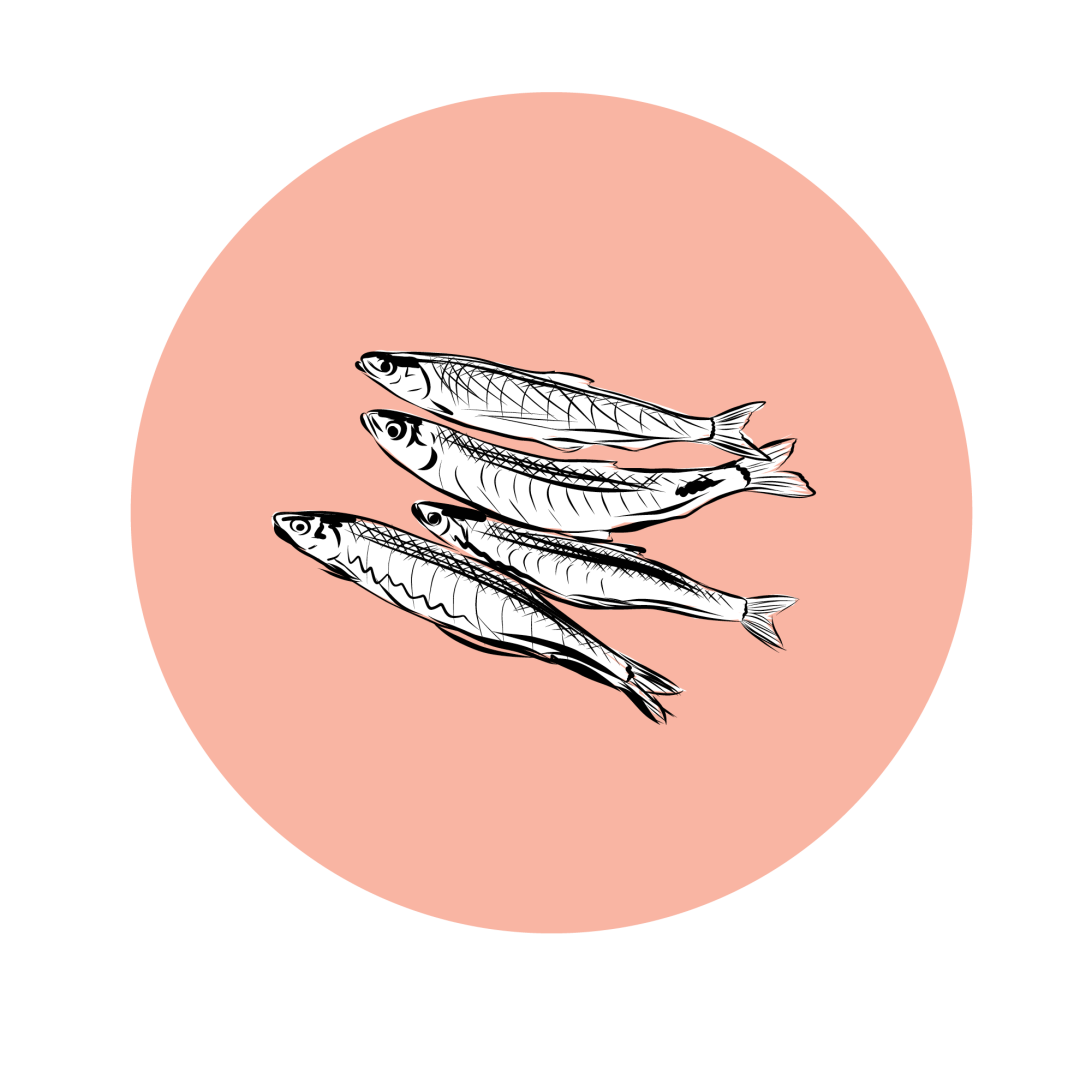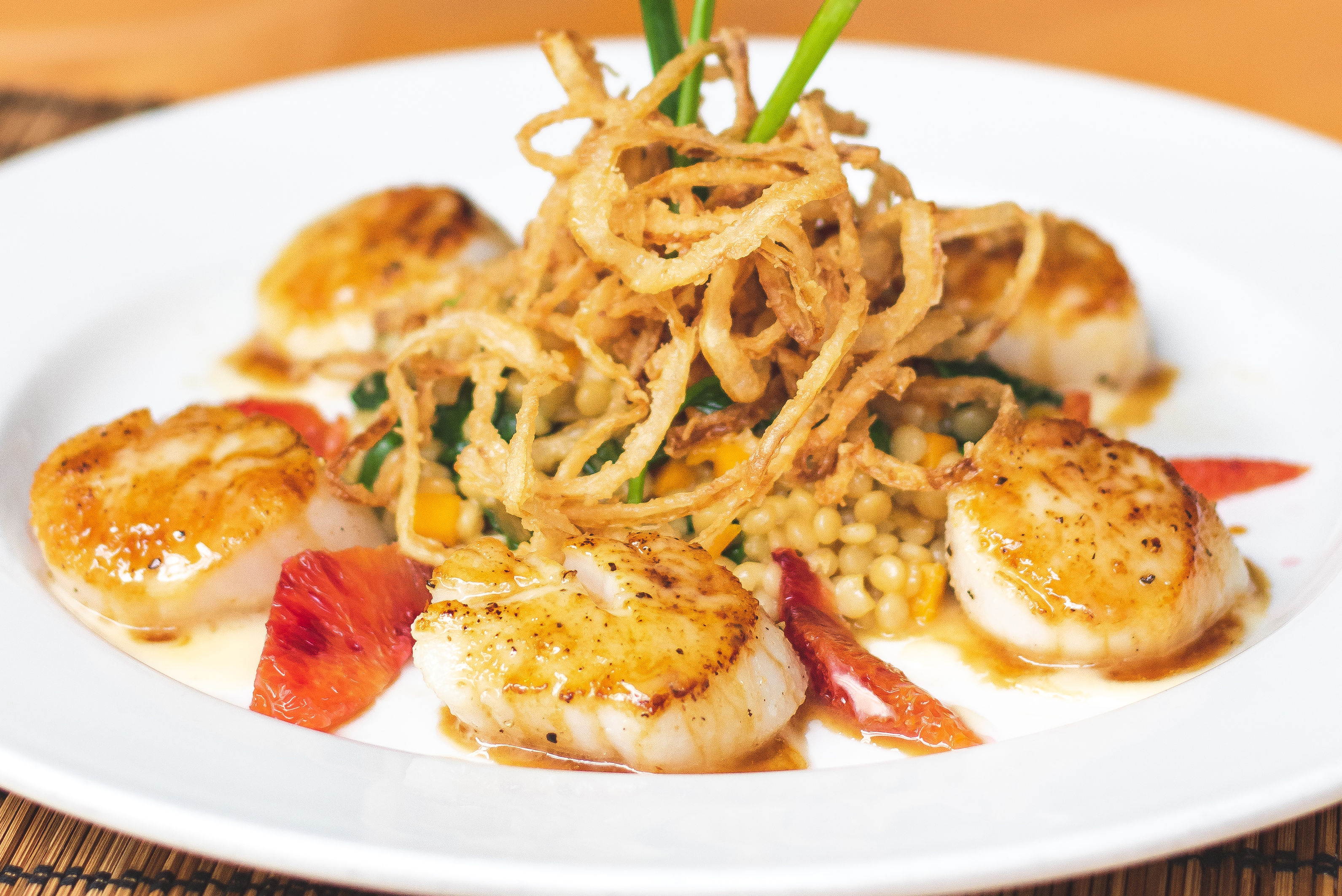Sea Change: How and When Washington’s Catch Ebbs and Flows

Image: Jane Sherman
Washington’s seafood industry rises and falls like the waves of Puget Sound, with fishery practices constantly shifting based on the health of each population. The one constant: we like our fish.

Indigenous-Caught Salmon
When territorial governor Isaac Stevens first negotiated treaties with Washington’s Indigenous tribes in the 1850s, one of the first rights enumerated was that of “taking fish at usual and accustomed grounds.” Salish Sea tribes have caught salmon for millennia, with the oldest evidence of North American catch dating back to 12,500 years ago.

Squid
The practice of squid jigging grew popular in 1970s Puget Sound thanks to several factors, including new fishing piers around Seattle, the animals being attracted to fish feed in salmon pens, and an influx of Southeast Asian immigrants after the Vietnam War with existing knowledge of how to snag the delicacy.

Canned Salmon
At one time the lower Columbia River was dotted with dozens of canneries, packing almost 25 million pounds of Chinook salmon into tins and cans in the early twentieth century. The last closed in 1980 as salmon populations faded and shoppers lost interest in shelf-stable fish.

Oyster
Overfished, hit by pollution, and eventually elbowed out of local farming by Japanese varieties, the Olympia oyster got a vote of confidence when the Washington Department of Fish and Wildlife launched a restocking plan for Puget Sound in 1998. Today the tiny oyster, famed for its metallic taste, has gained renown among its East Coast and Pacific brethren.

Steelhead
Washington’s state fish is a rainbow trout that migrates to salt water and back. In 2016 wild steelhead became catch and release only for non-Native fishers—it’s illegal to even take one out of the water.

Dungeness Crab
After population numbers began to plummet in the mid-2010s, the state and tribes decided to close all of south Puget Sound to crabbing and have not reopened it since. In 2017 the haul of dungeness there was just 3 percent of what it had been five years earlier.

Sea Cucumber
The bumpy, slug-shaped underwater creatures are so valuable that in 2018 the owner of a Fife seafood company pled guilty to illegally obtaining sea cucumber—a quarter million pounds of it, sold for $1.5 million.

Smelt
In 2023 a bill went before the state legislature to require a fishing license for individuals to catch smelt—it’s the rare species exempt from the paperwork. The commercial fishery can haul up to 60,000 pounds of the small silver fish from Puget Sound annually, while in 2022 the recreational freshwater catch was 169,000 pounds the one day it was allowed.




